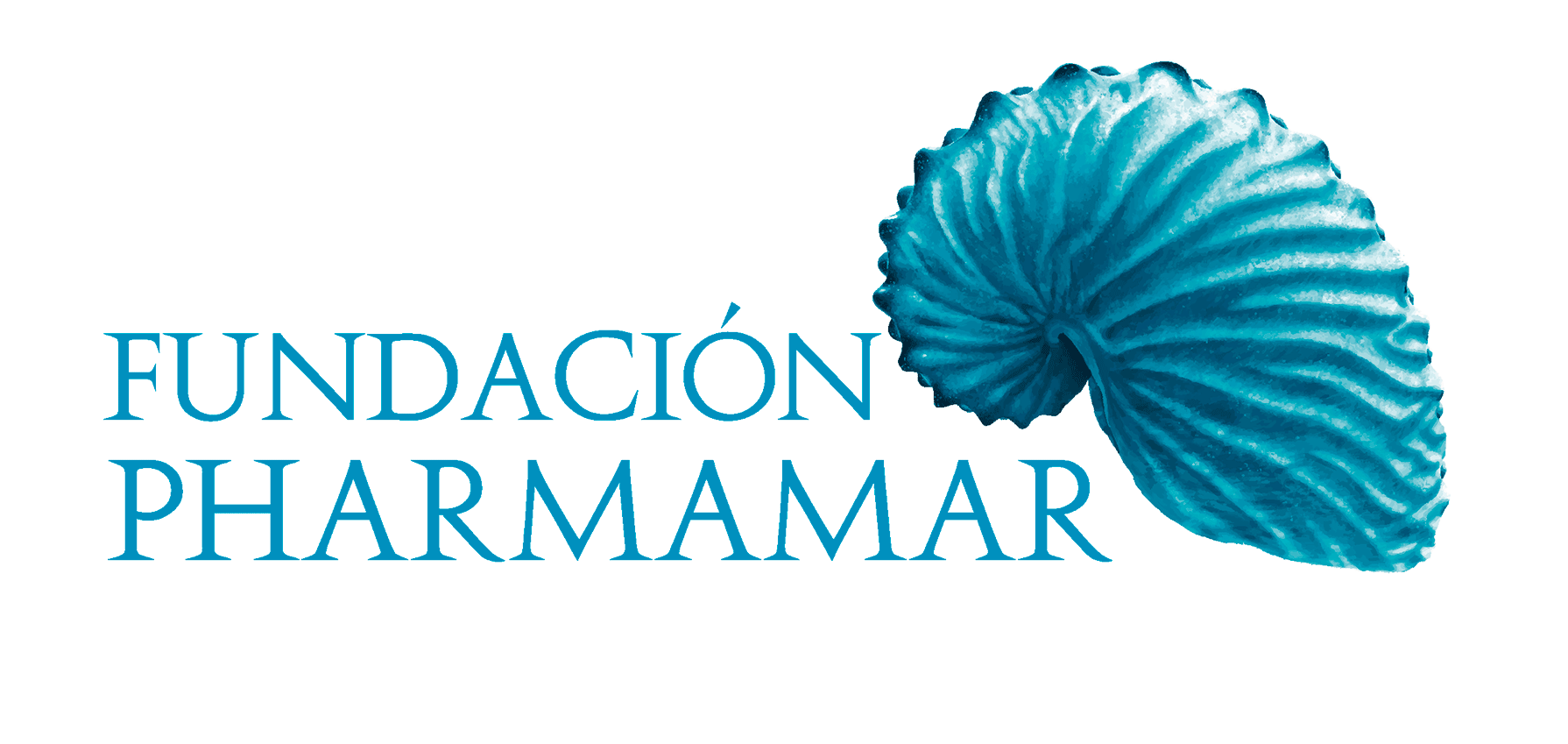Diccionary of
medical terms

Dictionary of medical terms
There are currently 20 names in this directory
ADJUVANT
Additional cancer treatment given after the primary treatment (surgery) to reduce the risk of relapse.
ADVANCED CANCER
Cancer that has spread to other parts of the body or that because of its size or degree of local invasion is generally incurable.
BIOLOGICAL THERAPY
Treatment to stimulate or restore the immune system's ability to fight cancer, infections and other diseases. It is also used to lessen certain side effects that may be caused by some cancer treatments. Substances used in biological therapy include monoclonal antibodies, growth factors and vaccines. These substances may also have direct antitumor effects. Also called biotherapy, immunotherapy, biological response modifier therapy (BRM).
COMPLETE REMISSION
Complete disappearance of all signs and symptoms of cancer in response to treatment. Also called complete response.
HIGH DOSE CHEMOTHERAPY (HDC)
Intensive treatment at higher than usual doses that usually requires bone marrow rescue.
INDUCTION THERAPY
Initial treatment administered to reduce the number of tumor cells rapidly; may be followed by consolidation therapy (of the response) and maintenance therapy (to prevent relapse). It is used in cancers that are very sensitive to chemotherapy (e.g. leukemia) and high doses are usually used.
MAINTENANCE THERAPY
Treatment administered to prevent the cancer from recurring after it has disappeared following initial treatment.
NEOADJUVANT
Treatment administered as a first step to reduce the size of the tumor before the main treatment, which usually consists of surgery.
RADIOTHERAPY
Use of high-energy radiation from x-rays, gamma rays, neutrons, protons and other sources to destroy cancer cells and shrink tumors. The radiation may come from a machine outside the body (external beam radiation therapy) or from radioactive material placed in the body near the cancer cells (internal radiation therapy). Systemic radiation therapy uses a radioactive substance, such as a radiolabeled monoclonal antibody, that circulates with the blood to tissues throughout the body.
REFRACTORY DISEASE
Disease that does not respond to treatment. In some scenarios, as in ovarian cancer, it refers to a relapse during treatment.
SECOND LINE TREATMENT
Second treatment given when the patient progresses to the first line. It would be followed by third, fourth... line treatments.
SYSTEMIC CHEMOTHERAPY
Treatment that is administered in a way that can potentially reach all cells of the body, as opposed to local treatment.
TARGETED THERAPY
A type of treatment directed at a specific molecular target. Targeted therapy, by theoretically acting specifically against tumor cells, may have fewer side effects than other types of cancer treatment.
THERAPEUTIC TARGET
A structure located in any part of the cell, such as the cell membrane, cytoplasm or nucleus, capable of recognizing a drug and producing a cellular response. Pharmacological receptors would form part of the therapeutic targets. In oncology, drugs directed against molecular targets have been obtained thanks to advances in the knowledge of molecular biology, in its genomic and proteomic variants. These new drugs are generally aimed at inhibiting the signal transmission mechanism of cancer cells, thus halting tumor growth and promoting the death of malignant cells.
